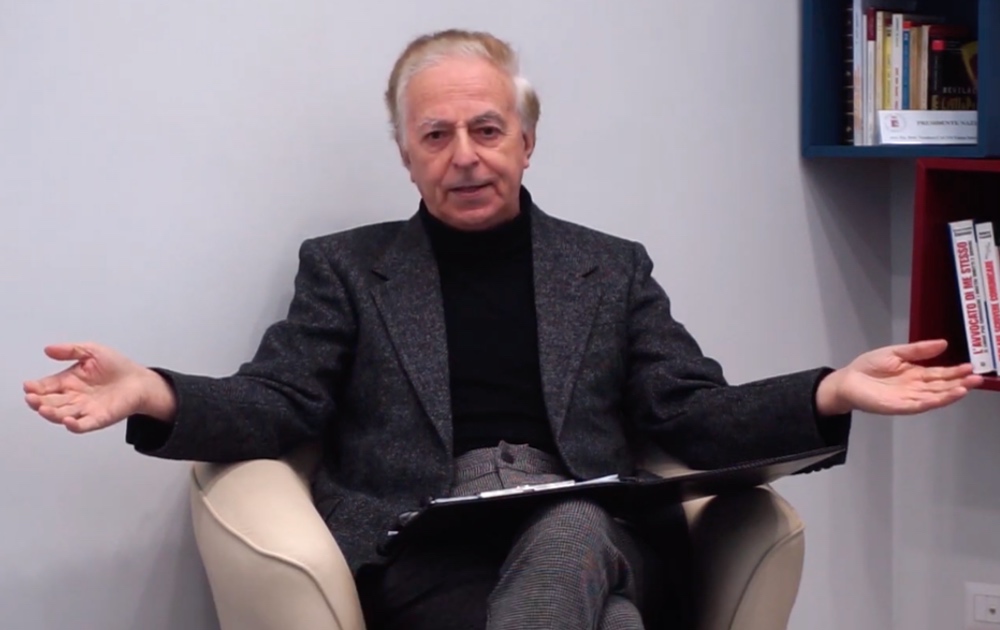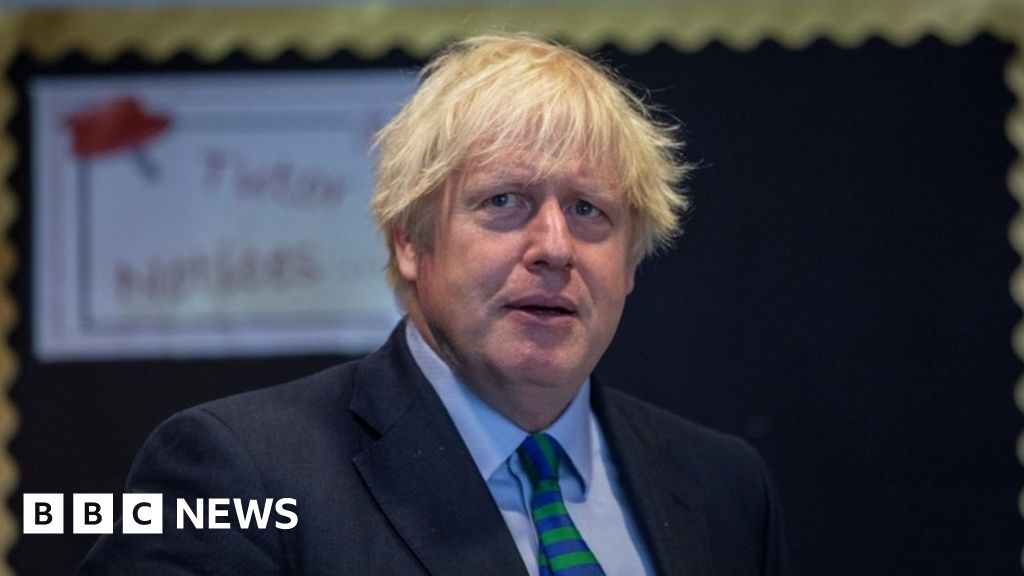https://www.realclearpolicy.com/art...M8dAD25JzNbJWcQiGrFh9rzY7FWf3lk1KzRRHrU1aK2EY
The Tragic Hydroxychloroquine Debate and Dr. Fauci's Denial of Evidence
By
Mikko Paunio
August 25, 2020
(Kevin Dietsch/Pool via AP)
As an epidemiologist trained to make causal inference, especially from observations, I feel strongly that there is an urgent need for an open and honest debate on the ability of hydroxychloroquine (HCQ) to save lives. I had not paid much attention to discussions related to the efficacy of pharmacological interventions in the treatment of Covid-19 patients until I
read an op-ed by Yale University epidemiology professor Dr. Harvey A. Risch in Newsweek in early August, as well as Dr. Risch’s
other writings on the matter. Until then, I had focused largely on the World Health Organization’s (WHO)
incorrect scientific advice, on which the current mainstream media the Covid-19 pandemic narrative is based. This narrative unjustifiably characterizes the Covid-19 pandemic as akin to the horrendous 1918 Spanish flu pandemic. Despite my skepticism about the dire claims as to the severity of this pandemic and my increasing doubts about whether Covid-19 is a genuine pandemic and about the presumption that the human population
lacks any immunity against SARS-CoV-2, I would certainly welcome all available improvements in our ability to successfully treat Covid-19 patients.
It was therefore enormously dismaying to read the
official positions taken by the National Institutes of Health (NIH) and the Food and Drug Administration (FDA) condemning early outpatient therapy with HCQ as ineffective and dangerous. Their conclusion is based on highly questionable reasoning. There are well-established criteria for when an observed association can be ascribed to causation, which Dr. Risch meticulously took into consideration. These criteria were originally developed by the pioneering British epidemiologist
Sir Austin Hill. Thus Dr. Risch’s
scientific inference of the treatment efficacy of administering HCQ, azithromycin or doxycycline, and zinc (“triple therapy”), as early as possible in outpatient settings to people at greatest risk, in order to prevent the SARS-CoV-2 infection from turning into a dangerous life-threatening “florid disease”
is sound.
An Open Letter to Dr. Fauci Undermines NIH and FDA Positions on Outpatient Use of HCQ
In an open letter to Dr. Anthony Fauci, George C. Fareed, MD, of Brawley, California, Michael M. Jacobs, MD, MPH, of Pensacola, Florida, and Donald C. Pompan, MD, of Salinas, California, demonstrate the flaws in the positions adopted by NIH and FDA and give
strong support to Dr. Risch. In particular, they criticize the nihilism of demanding proof of efficacy from randomized clinical trials (RCTs), when time is short and when highly suggestive observational proof of the efficacy of these inexpensive drugs exists. In the past, the FDA has approved many drugs without RCTs; penicillin was so efficacious in the treatment of pneumonia that there was no need for an RCT to have penicillin registered. Perhaps most disturbing is that not a single RCT is designed to test the efficacy of the triple therapy in outpatient settings as early as possible among those most at risk. Nevertheless, the official position is that “the overwhelming evidence from properly conducted RCTs indicates no therapeutic efficacy of HCQ,” though the RCTs are simply designed not to answer the right question: whether the triple therapy prevents deaths among the elderly and those with comorbidities when taken in outpatient settings, even before people are notified about the lab result as to whether they have Covid-19. It cannot be ethical for public health bodies to demand impossible standards of proof for potential lifesaving therapies.
I consider testing the aforementioned hypothesis with an RCT unethical because evidence of
triple-therapy efficacy from large patient series, controlled trials, and even from a natural experiment from Pará (Brazil) seems to be
highly persuasive. It would seem ethically sound, from now on, to meticulously report only the case series that have been properly treated with the triple therapy. We should also bear in mind that these
observations might be biased if SARS-CoV-2
loses virulence. There is some evidence that this is now happening: in Europe, we see the beginnings of a second wave of transmission, without the deaths and hospitalizations that occurred during the first wave.
Indeed, Dr. Fauci’s position seems remarkably similar to that of the famous English statistician Ronald A. Fisher, who, in 1957, denied that tobacco smoking caused lung cancer, despite
evidence of the strong statistical relationship. Fisher argued vehemently that observational data cannot prove causality. It is disturbing that Dr. Fauci does not engage in honest scientific debate based on observational evidence but rather resorts to personalized attacks. As Dr. Risch
put it: “The pushback has been furious. Dr. Anthony Fauci has implied that I am incompetent, notwithstanding my hundreds of highly regarded, methodologically relevant publications in peer-reviewed scientific literature.”
Over-Politicized HCQ Debate Tarnished Reputation of Leading Medical Journals
NIH and FDA are not the only institutions to have besmirched themselves in the sad, tragic, and over-politicized HCQ debate. Two leading medical journals have also put politics above medicine and scientific integrity. Last spring, The Lancet published false research produced by a dubious company named Surgisphere to smear HCQ. The New England Journal of Medicine also published false information produced by this company on the safety of hypertension drugs among Covid-19 patients and ivermectin’s ability to prevent Covid-19 deaths. This resulted in worldwide institutional responses such as WHO quitting its HCQ arm in the worldwide solidarity trial and changes in
treatment protocols in many countries.
Schools Must Reopen
Dr. Fauci has also waded into the debate on whether to reopen schools. The reason to keep schools closed is not to protect children, as they very rarely experience serious Covid-19 symptoms, but to protect the vulnerable, should schools contribute to community transmission. The school-reopening debate shows a clear link with the debate on HCQ and its efficacy. If we knew that older people and those with comorbidities had access to safe and effective medication, schools could be kept open, contrary to Dr. Fauci’s current position, even when the virus actively circulates in the communities. As it is, we do not know much about how schools affect virus circulation in communities, but we know for sure—based on science—that school closures have massive
negative impacts on children. I give great credit to Finland’s young prime minister, Sanna Marin (my fellow Social Democrat), who pushed through the decision to open schools in May, against strong resistance from the teachers’ union.
Human societies are not laboratories. By holding out for unattainable standards of clinical proof, leading public health officials like Dr. Fauci are doing immense damage to the societies they serve, costing the lives of those most vulnerable to SARS-CoV-2 and irreparably harming the welfare of the next generation with medically and ethically unjustified school closures. It would be a needless calamity for America’s schools not to reopen next month while we are not protecting the most vulnerable with the most efficacious therapies we have.
Mikko Paunio, MD, MHS, is an adjunct professor in epidemiology at the University of Helsinki, Finland. Dr. Paunio has also held posts at Johns Hopkins Bloomberg School of Public Health, the European Commission, the World Bank, and the Ministry of Social Affairs and Health of Finland.

www.hs.fi





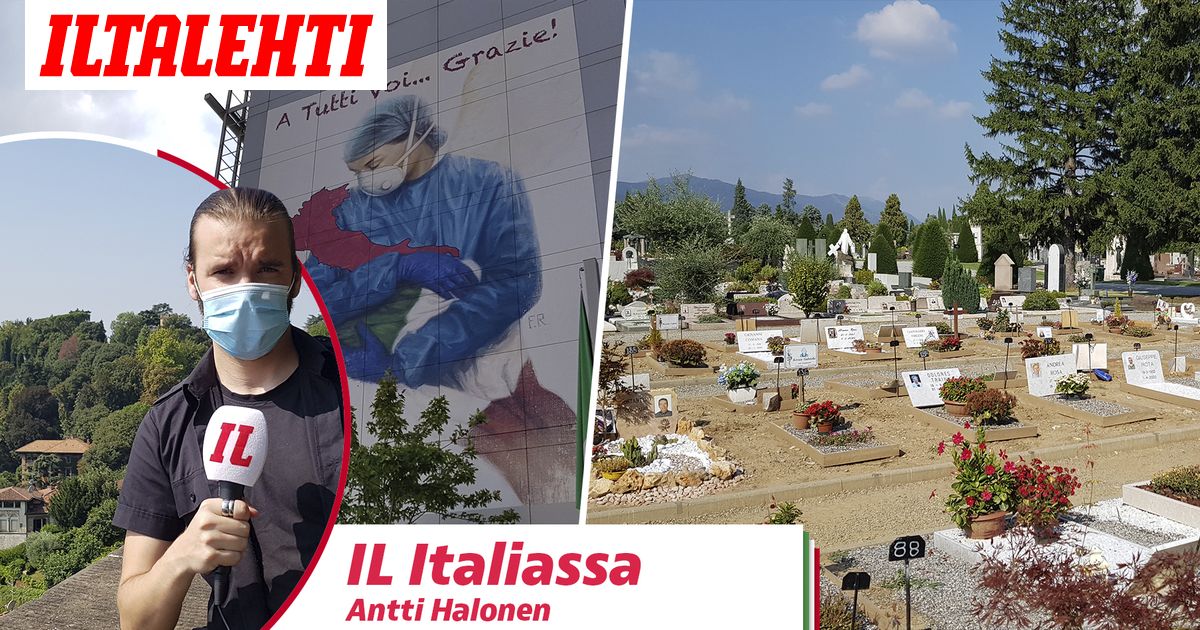

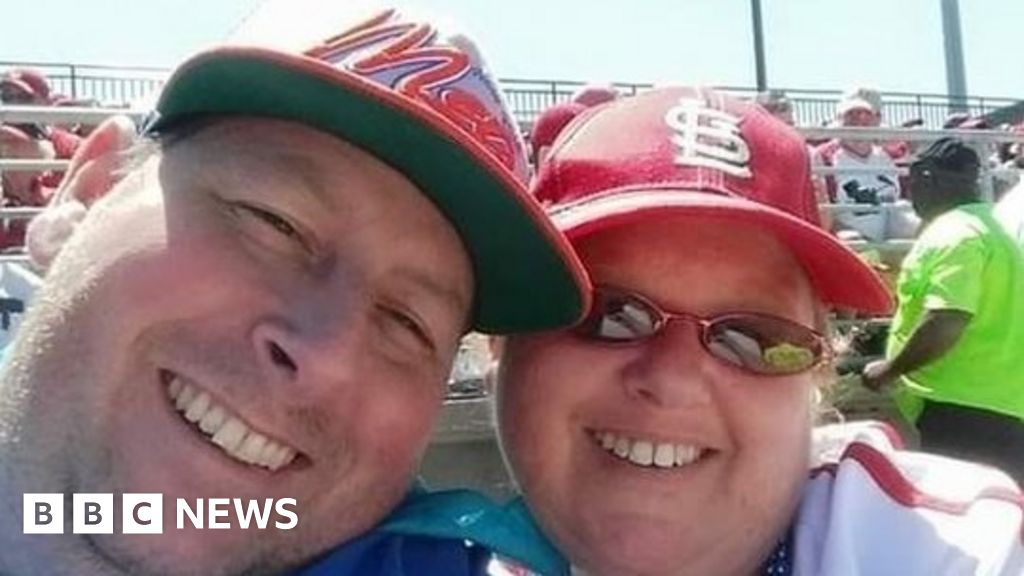
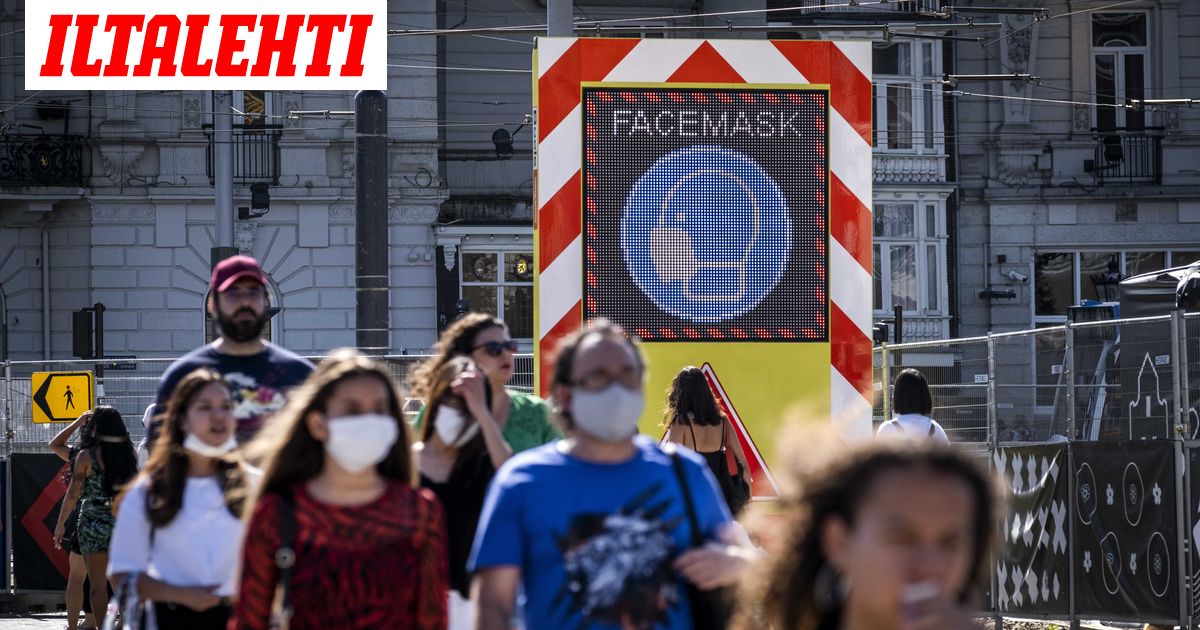
 ?
? 